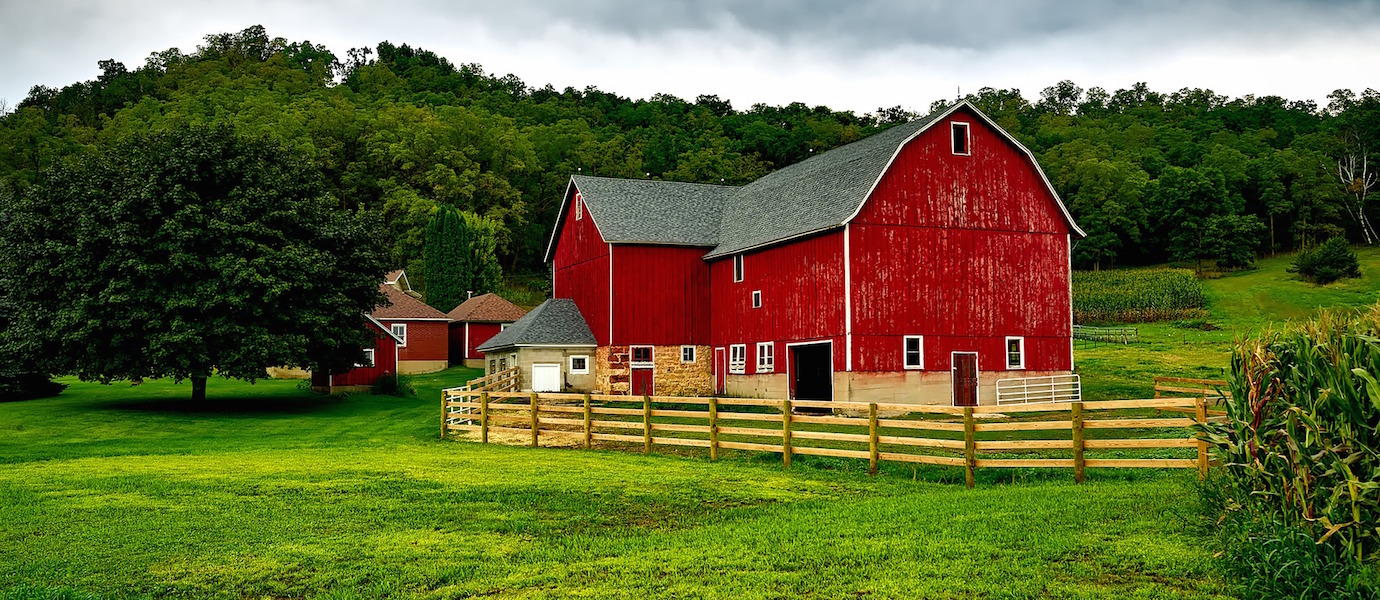Coppal House Farm
A field trip to Coppal House Farm can be educational and challenging for all grades. Projects and activities are easily integrated into school curriculum. Students will see all aspects of farm life, crops, and animals. The farm and corn maze are set up to encourage team building and cooperative learning. In addition to touring the Corn Maze, teachers and students can take a scenic walk around the 78-acre farm where there are plenty of opportunities to examine agriculture and wildlife up close.
supports classroom learning in:
Science, Physical Education.
topics covered:
Animals, Agriculture, Farming, Gardening, Team Building.
contact info
Phone: 603-659-3572
Email: [email protected]
INFO
ABOUT
Coppal House Farm
Coppal House Farm is a 78-acre diversified family farm. Coppal House Farm holds itself to high standards, keeping all of its vistas scenic and beautiful. The farm has been in existence since the 1740's and the owners try to maintain its historical integrity with modern functionality. Amongst the attractions and activities at the farm are a corn maze, farmstand, horse drawn wagon and sleigh rides, and sunflower field.
contact info
Hrs: Daily 10AM - 5PM.
HELPFUL LESSON PLAN(S)
Prepared by FieldTripDirectory.com
Farm Lesson Plan
FUN FACTS
The average American may eat 125 pounds of potatoes each year, but corn is actually America’s number one field crop, providing ingredients for cereals, peanut butter, snack foods and soft drinks. The average person eats 68 quarts of popcorn a year alone! Use a trip to an agricultural farm to find out where our fruits and vegetables come from. Compare organic, pesticide-free, and genetically engineered crops. Research the products made possible by crops grown in the U.S. (shampoos, crayons, and baseball bats all come from agricultural products, for example). Ask your local farm about the benefits of eating local or growing your own garden.
View Lesson Plan>>
